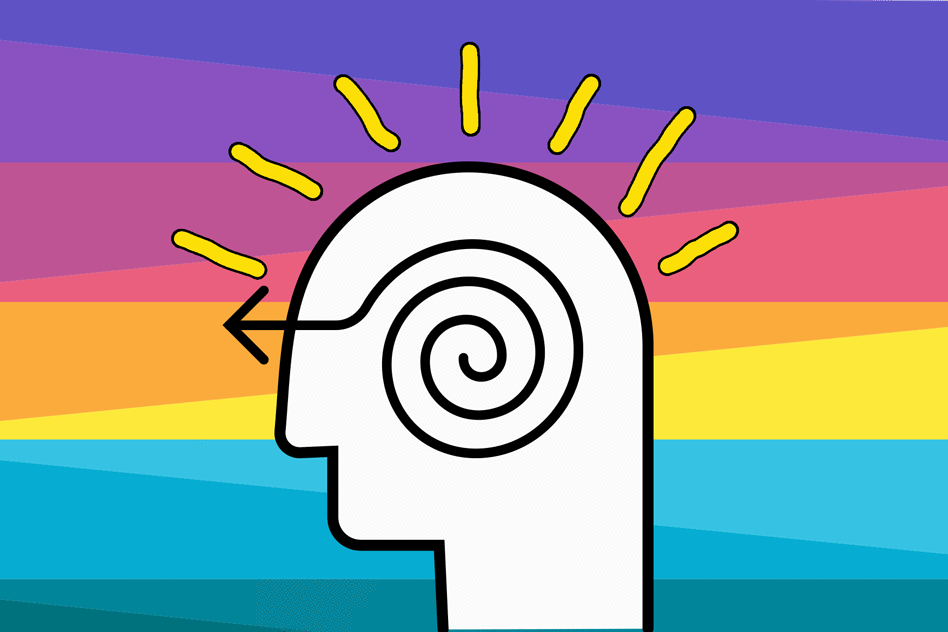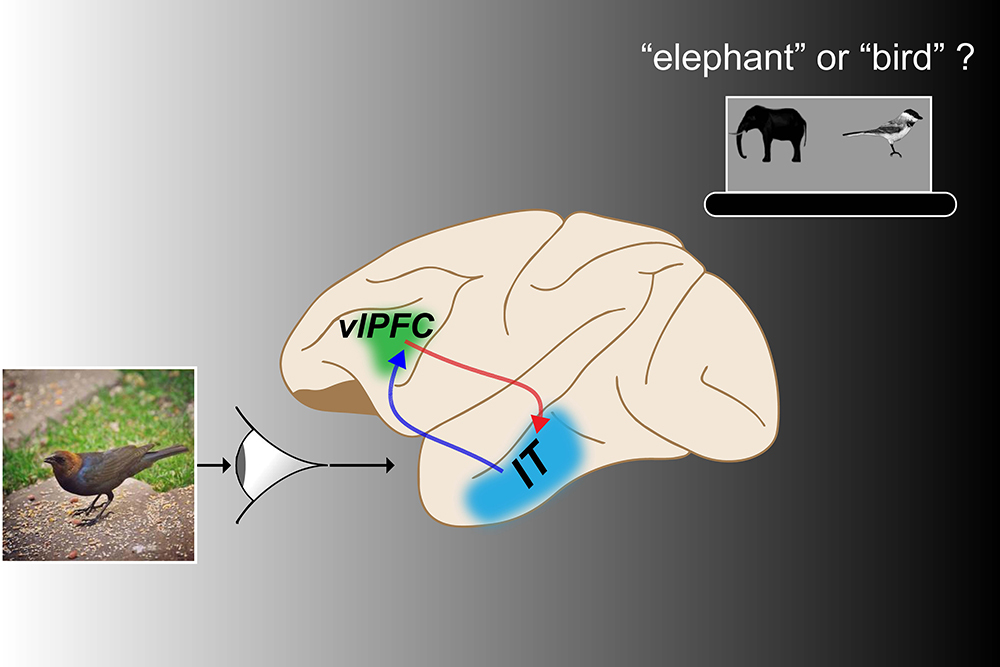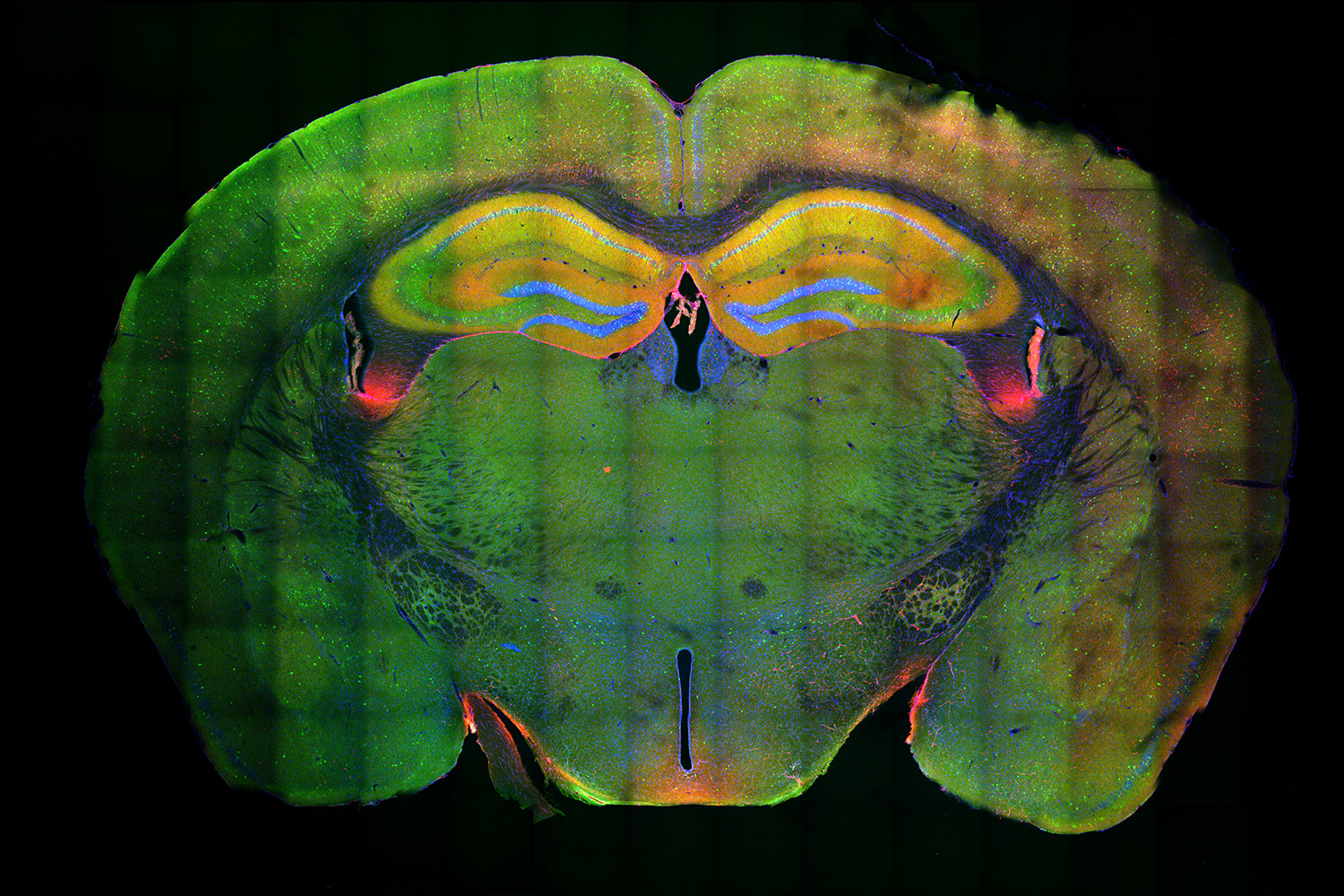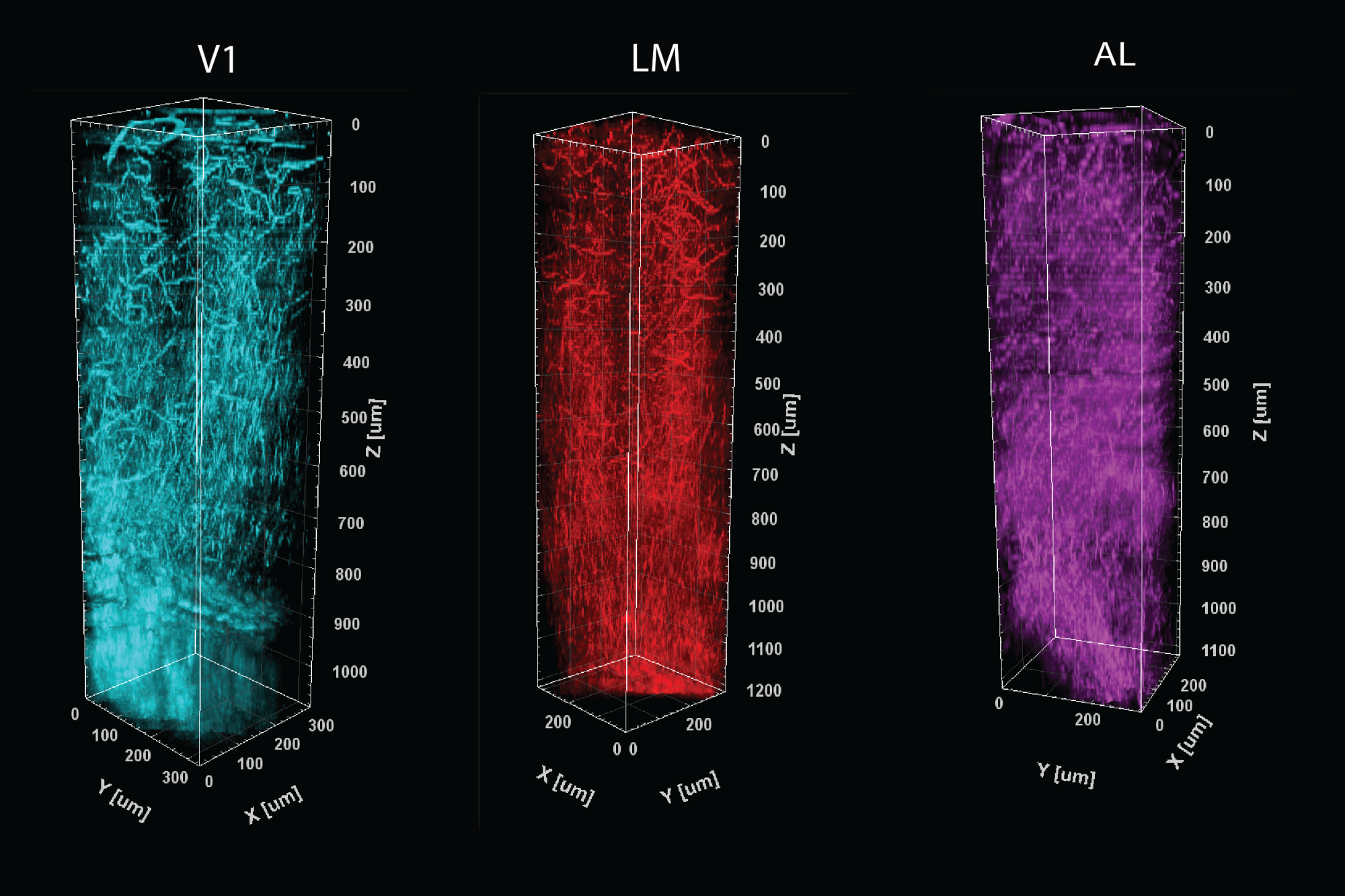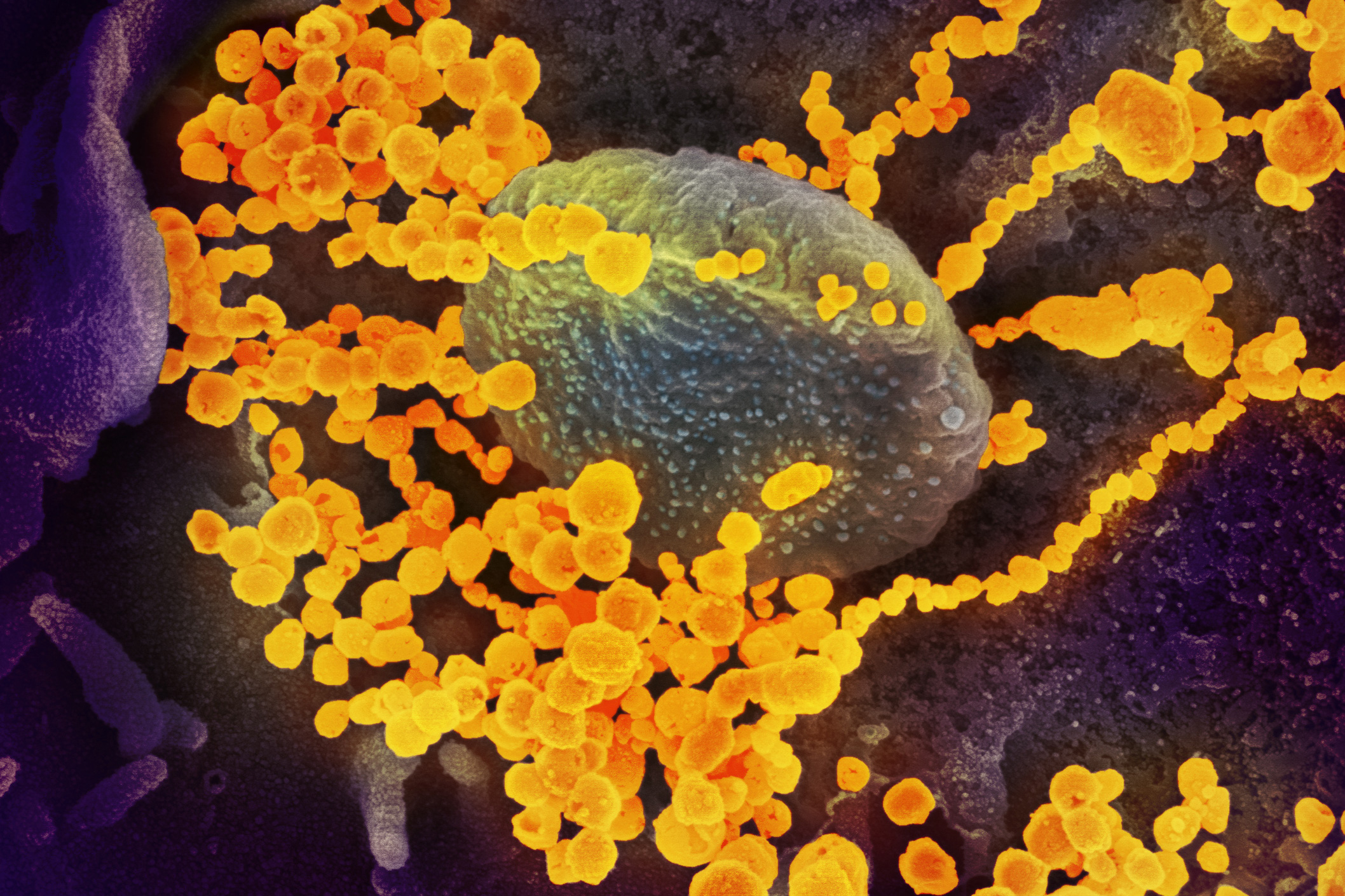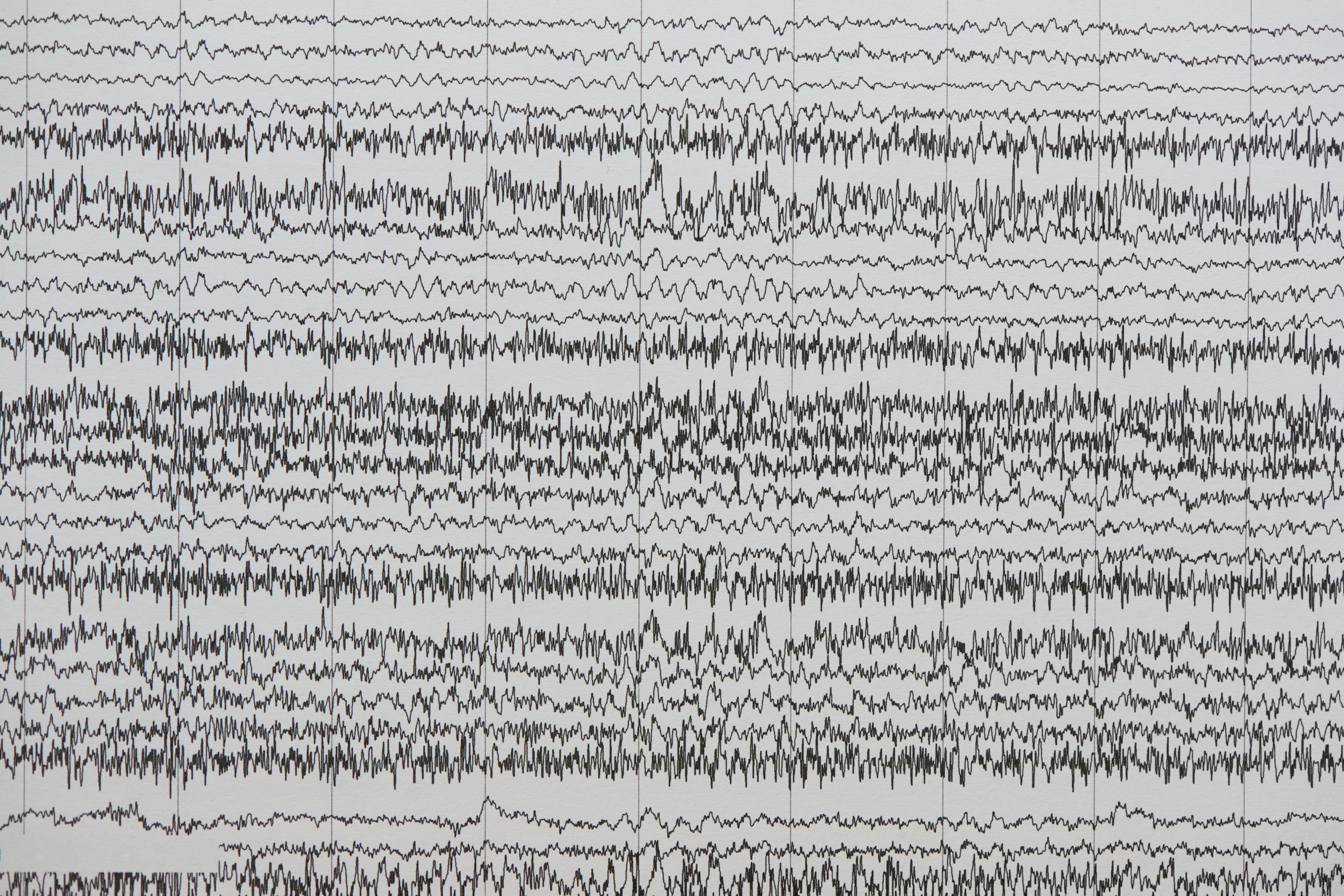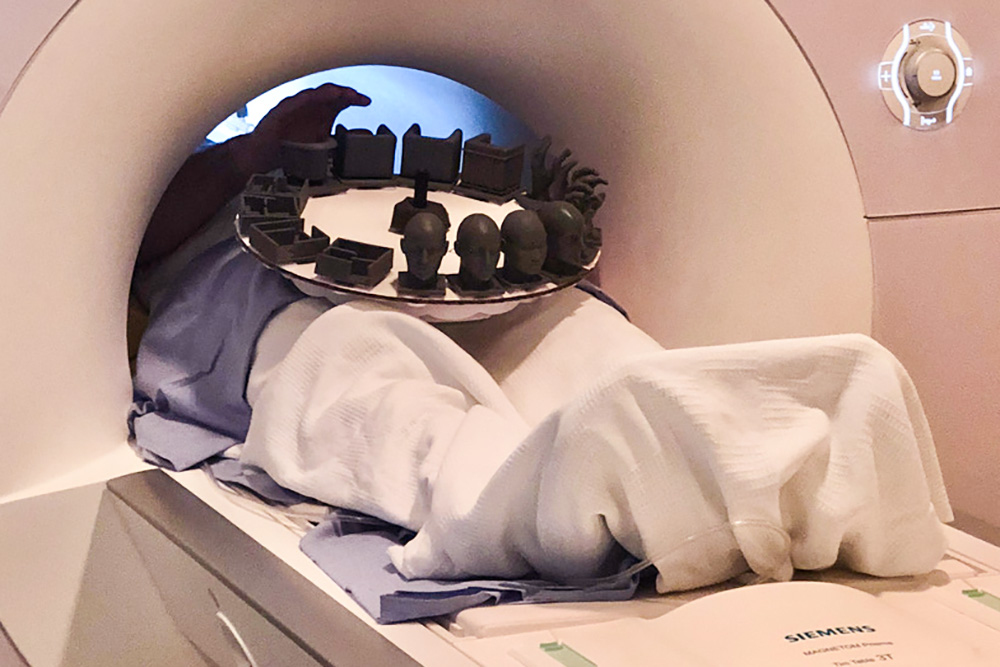Neural pathway crucial to successful rapid object recognition in primates
Recurrent processing via prefrontal cortex, necessary for quick visual object processing in primates, provides a key insight for developing brain-like artificial intelligence.
Alli Gold | School of Science •
mit
Oct. 20, 2020 • ~5 min
Oct. 20, 2020 • ~5 min
As information flows through brain’s heirarchy, higher regions use higher-frequency waves
Study also finds specific frequency bands of brain waves associated with encoding, or inhibiting encoding, of sensory information across the cortex.
David Orenstein | Picower Institute for Learning and Memory •
mit
Sept. 10, 2020 • ~6 min
Sept. 10, 2020 • ~6 min
Study suggests animals think probabilistically to distinguish contexts
New statistical model may help scientists understand how animals infer whether surroundings are novel or haven’t changed enough to be a new context.
David Orenstein | Picower Institute for Learning and Memory •
mit
Aug. 12, 2020 • ~6 min
Aug. 12, 2020 • ~6 min
/
64

